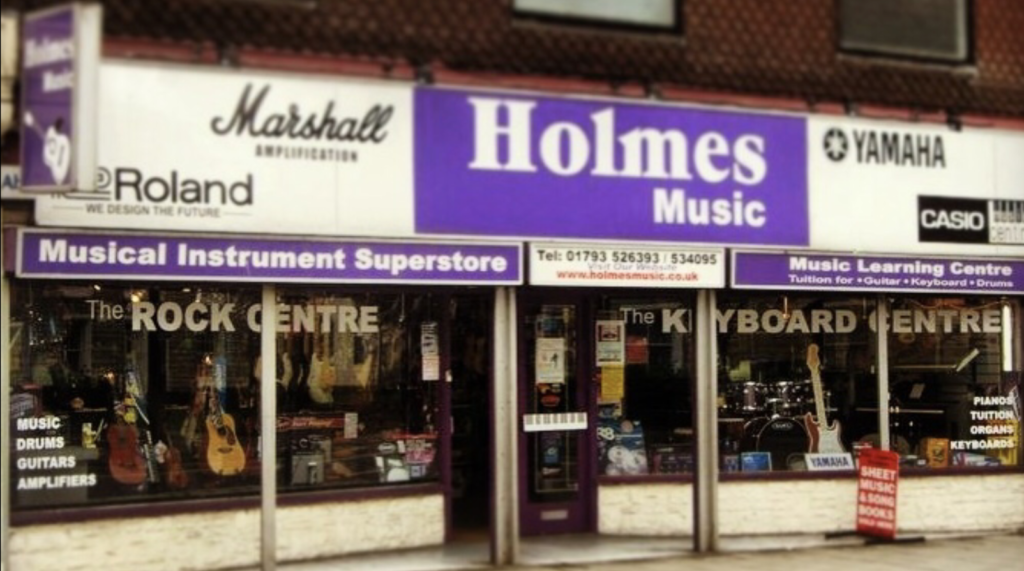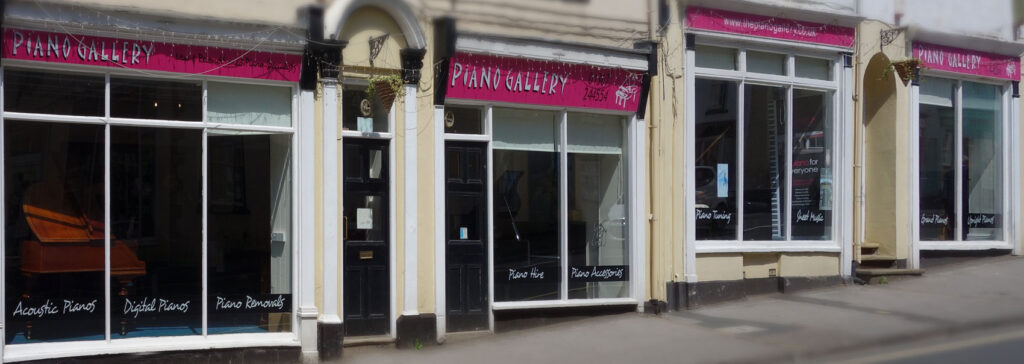One of the questions I often get asked as a piano teacher is what type of piano do you need to start learning. Firstly both acoustic and electric piano’s are equally suitable so if you don’t have the room for a larger acoustic piano then electric would be the best option. One thing you might want to consider is that electric pianos never go out of tune, so if you do opt for an acoustic piano you should have it tuned every year.
If you decide to opt for an electric piano I would always recommend a full length piano, and by that I mean that it has 88 keys in total. You can get smaller length pianos which may be suitable at first however you’ll find this a real hinderance when you start playing pieces that require a bigger range. Also you must ensure the electric piano you buy has ‘weighted keys’ as this functionality adds a small amount of resistance to the keys which replicates the feel of an acoustic piano. Holmes Music (in Faringdon Road, Swindon) stock a range of electric pianos to suit a range of budgets.
Acoustic pianos vary considerably in size from acoustic upright to grand pianos and generally tend to be more expensive than electronic pianos if bought new so you may want to opt for a second hand piano to begin with. If you are considering buying an acoustic piano I would strongly recommend going to a piano showroom and trying a few out. The Piano Gallery in Faringdon is our most local showroom (11 miles north of Swindon) which sell a range of new and used pianos to suit a range of budgets.


